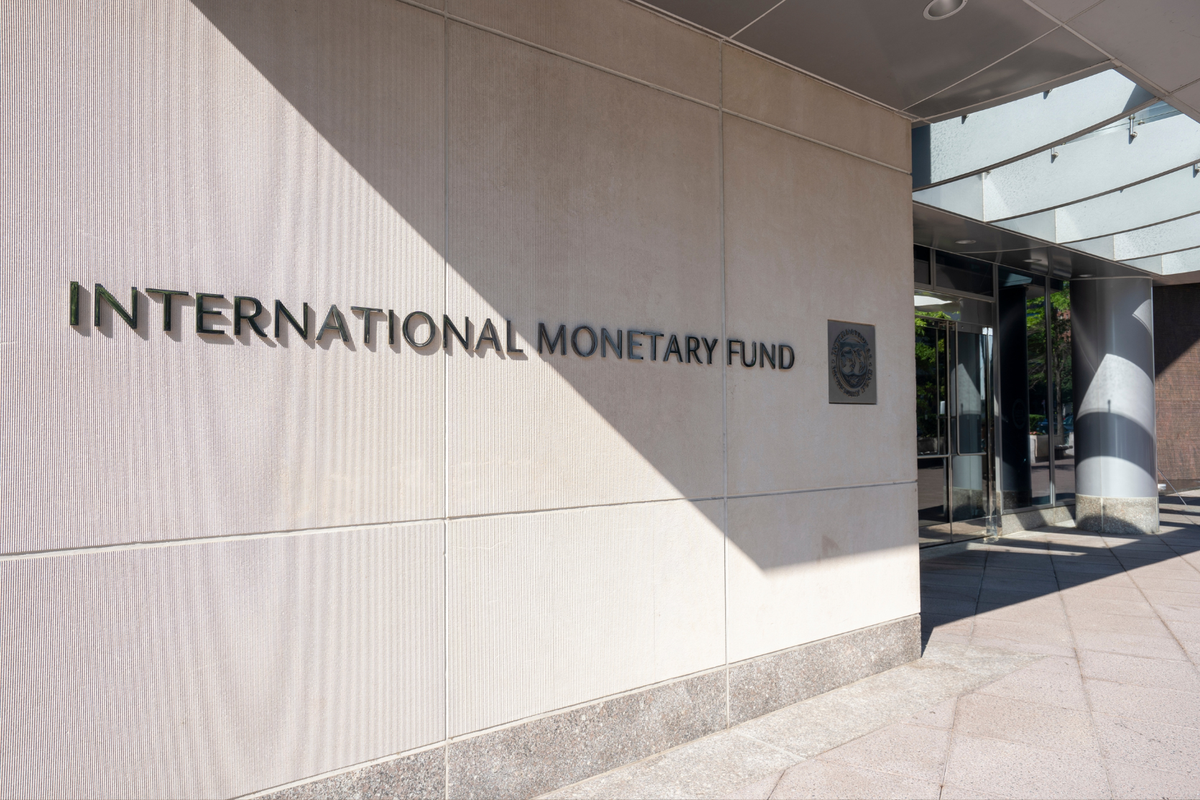Pakistan fails to meet major targets set by IMF
Country now needs to collect PKR 6,009 billion in tax revenue by December this year

Shahzad Raza
Correspondent
Shahzad; a journalist with 12+ years of experience, working in Multi Media. Worked in Field, covered Big Legal Constitutional and Political Events in Pakistan since 2012. Graduate of Islamic University Islamabad.

Pakistan has failed to meet three important targets set by the International Monetary Fund (IMF) prior to the first review of the economy.
This was disclosed by Secretary Finance Imdad Ullah Bosal to a parliamentary panel which met under the chairmanship of Naveed Qamar on Monday evening.
The missed targets include collecting PKR 2.652 trillion in net tax revenue in the first quarter (missed by PKR 89 billion), spending PKR 685 billion on health and education, and managing the time of maturity of local currency domestic debt securities until September.
However, Pakistan did meet some targets. These include keeping the provincial primary budget deficit below PKR 342 billion, not taking new loans from the State Bank of Pakistan (SBP), and not increasing external public payment arrears.
In the first five months of the fiscal year, government collected PKR 4.2 trillion in tax revenue against the target of PKR 4.6 trillion.
The secretary also mentioned that the IMF has set a target to collect tax amounting to PKR 6.01 trillion and allocating PKR 1.405 trillion for health and education by December this year.
Additionally, the SBP must keep the difference between the interbank and open market exchange rates within 1.25% on any five consecutive business days.
There are more commitments under the IMF program for the the country's central bank. These include getting approval for Bank Resolution and Deposit Insurance by October and issuing new regulations on risk mitigation by December this year.
The IMF has also set structural benchmarks for Pakistan. These include adjusting gas tariffs semi-annually by February 2025, phasing out Special Economic Zones (SEZ) incentives by June 2025, introducing a 5% Federal Excise Duty on fertilizers and pesticides by June 2025, amending laws of State-Owned Enterprises by June 2025, and publishing a full Governance and Corruption Diagnostic Assessments Report by July 2025.
Pakistan, WB to sign 10-year CPF
Before a private session of the meeting, Finance Minister Muhammad Aurangzeb told the parliamentary panel that Pakistan and the World Bank will sign a 10-year Country Partnership Framework (CPF).
This framework will focus on issues like getting children, especially girls, into school, increasing women's participation in the workforce, addressing child stunting, reducing air pollution, and combating climate change.
The finance minister also said economic reforms are pointless without controlling population growth, which he sees as a major challenge to Pakistan's economic stability.
The minister highlighted recent economic improvements, such as moving from deficits to surpluses in primary and current accounts, and increasing foreign reserves to cover 2.5 months of imports.
He noted that inflation has dropped from 38% to 5%, and the policy rate has fallen from 22% to 15%, which has boosted private sector credit growth. He stressed the need for energy and economic reforms and achieving pending IMF targets for privatization and rightsizing.










Comments
See what people are discussing